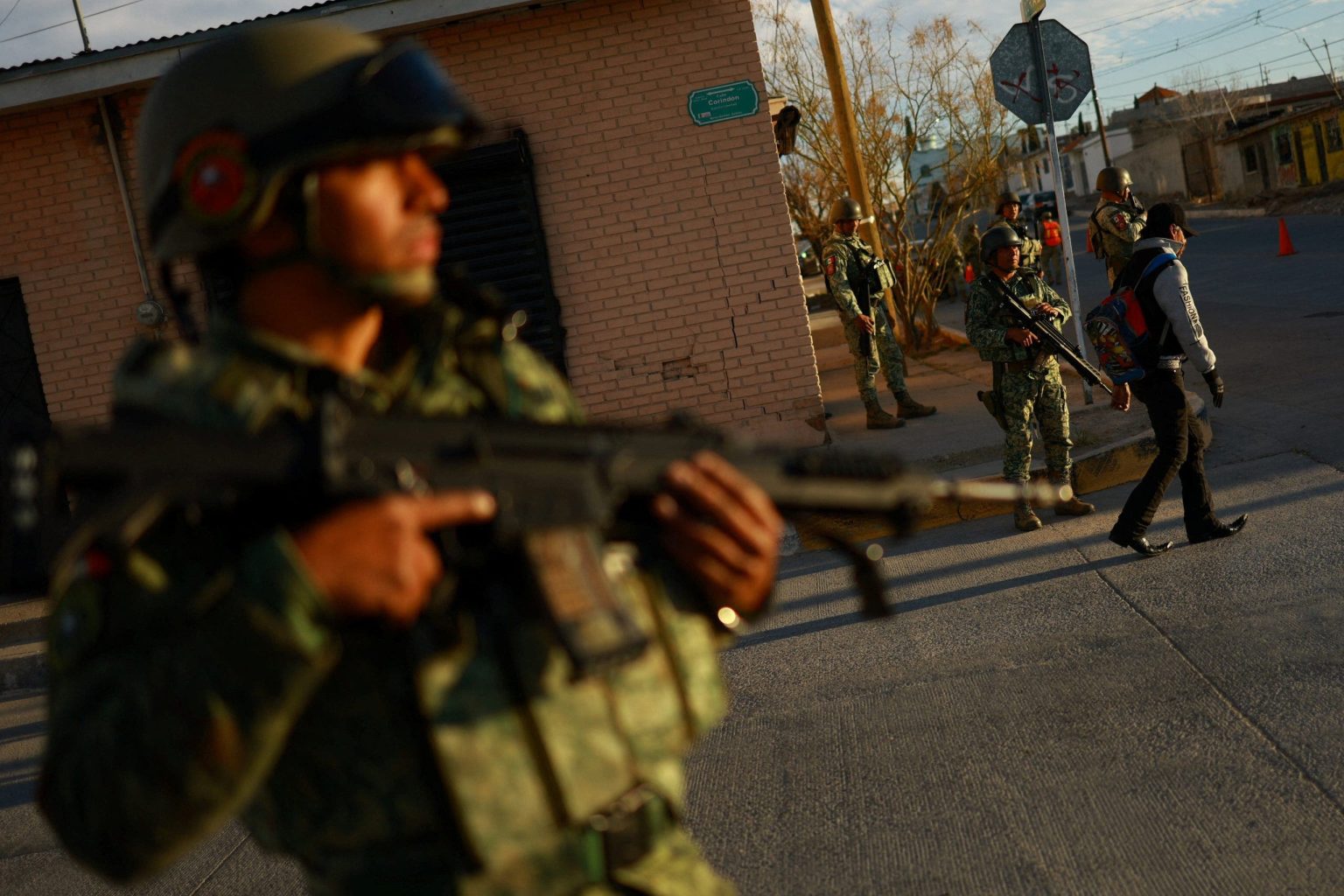As Mexico prepares for its presidential election, 2024 has seen a significant increase in violence targeting candidates and election officials. Reports indicate that more than 225 individuals have been killed in connection with the election, with the most recent case involving José Alfredo Cabrera Barrientos, a mayoral candidate who was murdered in front of supporters in Guerrero state. The rise in electoral political violence has been staggering, with a 235.7% increase from 2018 to 2023 during the Andrés Manuel López Obrador (AMLO) administration, making 2024 the most violent year so far. Candidates like Alessandra Rojo de la Vega have faced assassination attempts due to the lack of security provided by officials.
In response to the escalating violence, President López Obrador has downplayed the severity of the situation, dismissing the data as “sensationalism.” While he pointed to a 5% drop in homicides in 2023 compared to 2022, critics argue that the government’s failure to address the issue has exacerbated the problem. Integralia, a Mexican consulting firm, reported 701 victims of political violence between September 2023 and May 19, 2024, including 225 murders of candidates, politicians, or former officials seeking office. The lack of accountability and impunity within the government has left victims like Rojo de la Vega feeling abandoned and failed by the system.
A special report by Integralia highlights the various ways in which organized crime interferes in elections, including murders, attacks, threats, campaign financing, imposition of candidates, and alteration of the voting process. States like Guerrero, Michoacán, Colima, Jalisco, Chiapas, and Morelos are at the highest risk of such interference, while others like Baja California, Sonora, and Tamaulipas face a “high risk.” Criminal groups often target municipal governments to consolidate their authority and exploit valuable resources, further strengthening their influence and control in the region. The electoral process has become a means for these groups to establish and solidify their criminal authority under the guise of political power.
President López Obrador’s efforts to provide federal protection to 500 candidates against violence reflect the government’s acknowledgment of the risks posed by organized crime during elections. However, candidates like Leticia Salazar, running for the municipal presidency of Matamoros in Tamaulipas, continue to face threats and violence on a daily basis. Salazar’s firsthand experience with confronting criminals and seeking shelter during a gunfight underscores the pervasive dangers that citizens in regions like Matamoros endure regularly. Extortion, violence, and lawlessness have plagued the city, leading candidates like Salazar to prioritize restoring order and confronting criminal elements to ensure the safety and well-being of residents.
Despite official polling indicating a lead for Claudia Sheinbaum in the presidential race, analysts suggest that the election may be much closer than anticipated. Xóchitl Gálvez, the main opposition candidate, is seen as a potentially strong contender, with some polls suggesting surprising outcomes. As Mexico approaches its presidential election, the prevalence of political violence, organized crime interference, and the government’s response to these challenges remain critical issues that will undoubtedly shape the outcome of the election and the future of the country.


